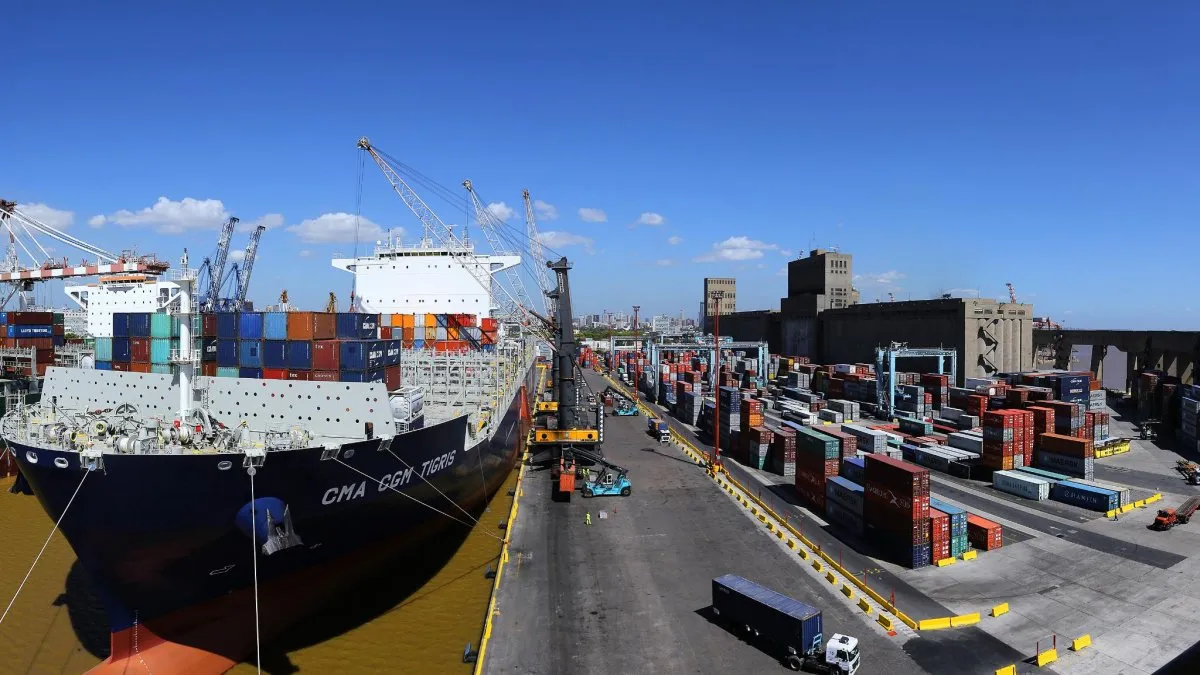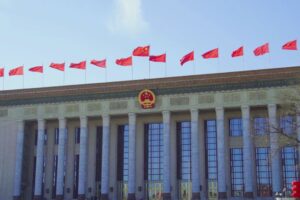
The outstanding growth of Brazilian foreign trade in the first two decades of the 21st century, going from 58.2 billion dollars in 2001 to 339.7 billion dollars in 2023, has multiple dimensions and cannot be attributed solely to the reasons more obvious. In addition to the outstanding performance of export sectors such as agribusiness and minerals, and the significant increase in China’s participation as the country’s trading partner, with purchases for 104 billion dollars, approximately a third of the total exported, other factors have contributed to this phenomenon.
In a historical context marked by the intensification of trade protectionism in developed countries, the stagnation of free trade agreement negotiations and the weakening of the World Trade Organization (WTO) and trade multilateralism, Brazilian economic actors have been able to take advantage other opportunities.
In response to agricultural protectionism, Brazil has forged partnerships in the “Global South” that stand out for their results. Next week, the Minister of Foreign Affairs, Mauro Vieira, will visit Bangladesh and Vietnam, two clear examples of this reorientation of the country’s commercial relations with the world. This will be the first visit of a Brazilian foreign minister to Bangladesh, accompanied by a business mission representative of the main export sectors.
ADB supports climate-resilient water management in Bangladesh
In 2023, Brazil exported 2.1 billion dollars to Bangladesh. This figure is close to sales to France, of 2.9 billion dollars in the same period.
While for France the export figure in 2023 practically repeats that of 2014, in the case of Bangladesh, the growth in ten years is impressive. Brazilian exports to that market were 869 million dollars in 2014.
For Vietnam, Brazilian exports last year were 3.7 billion dollars. This is a figure close to the 4 billion dollars exported to Italy and higher than the amount exported to the aforementioned France or the United Kingdom (3.3 billion dollars). In 2014, the Vietnamese market had bought 1.6 billion dollars from Brazil.
In the last 20 years, trade between Brazil and ASEAN has grown no less than 11 times. The dynamism and level of openness of Vietnam and ASEAN have already produced a radical change in the Brazilian export profile. In 2023, exports to the top five ASEAN markets (Singapore, Indonesia, Malaysia, Vietnam and Thailand) totaled $22.7 billion. This represents a value greater than the 22.6 billion dollars exported to five members of the G7: Japan, Germany, Italy, the United Kingdom and France.
Although these numbers are eloquent, the potential of relations with Bangladesh and Vietnam goes much further and will be explored in the visits. With common challenges and positive lessons to share in terms of overcoming poverty, Brazil also brings high value-added goods, as well as technologies in the area of energy transition and mitigation of climate change, based on experiences such as large-scale use of ethanol, capable of paving the way for new businesses and associations.
Source: https://reporteasia.com/economia/comercio/2024/04/10/el-auge-del-comercio-exterior-brasileno-en-el-siglo-xxi-perspectivas-desde-asia/

